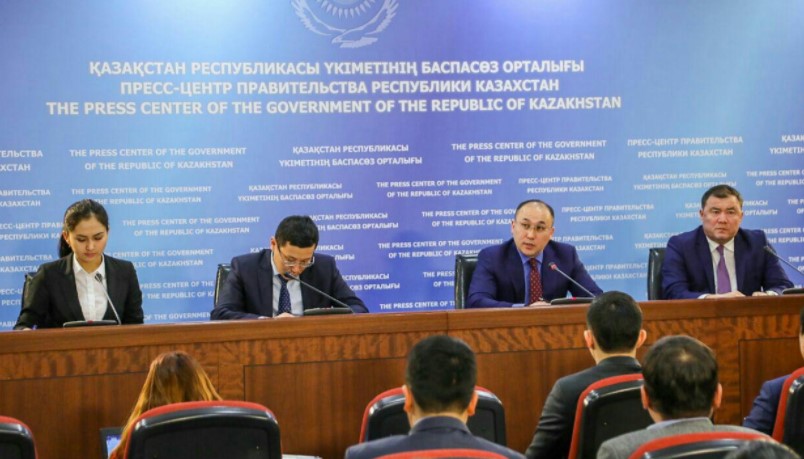ASTANA – The Digital Kazakhstan programme, part of the nation’s effort to build and promote digital infrastructure nationwide, is expected to create 300,000 work places by 2022. The programme, endorsed by the government Dec. 4, is now under consideration by President Nursultan Nazarbayev.
“The document includes five main directions – digitalisation of the economy, transformation of traditional industries using progressive technologies to increase productivity and build on capital, digital government envisioning a new quality level of public services provided to the population and business community, digital Silk Road referring to the development of high speed infrastructure and transfer and storage of data and development of human capital, and the establishment of an innovative eco system by creating a favourable climate for the development of technological entrepreneurship and innovations,” said Minister of Information and Communication Dauren Abayev, stressing the measures will affect all segments of the population.
One of the key ideas behind the project is a greater involvement of business and private companies, eventually minimising the role of the state in the process, noted Deputy Prime Minister Askar Zhumagaliyev.
The programme will require more than 169 billion tenge (US$508.69 million) in investment from the quasi-public sector, according to Abayev, and 141 billion tenge (US$424.41 million) from the national budget.
The ministry estimated the return on investment will be approximately 4.8-6.4 times the total volume of investment, with the added value totalling 1.7-2.2 trillion tenge (US$5.12 billion-US$6.62 billion) by 2025.
The programme’s partner is the Boston Consulting Group, and its managing director Sergei Perapechka believes the investment in digitalisation will eventually pay off.
“We conducted a thorough analysis; the return is estimated at five-six times per tenge and nearly 30 percent of the GDP growth will depend on the effect of digitalisation. The 300,000 work places – these are very serious indicators,” he noted.
Digital inequality will be rising, he said, and oil and gas resources will no longer ensure success in global competition. Developing human capital and modern technologies will take their place.
“The digital revolution opens up unprecedented opportunities for countries and we are glad to see that Kazakhstan is aware of these advantages,” he added.
Yet the digitalisation process may come with several pitfalls, said Perapechka, including self-digitalisation and the prevailing role of the state, too much focus on information and communication technologies and accepting fast results.

